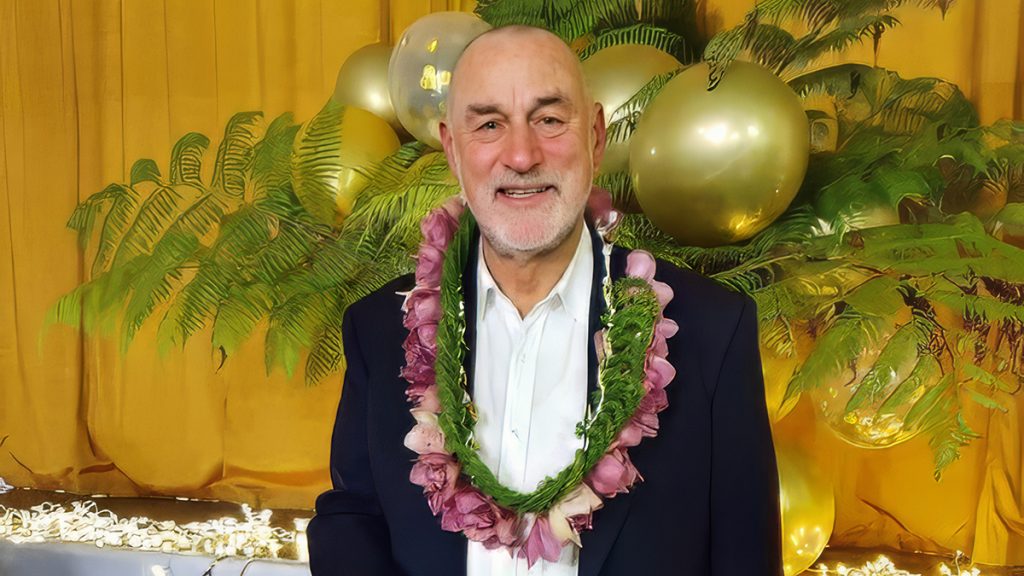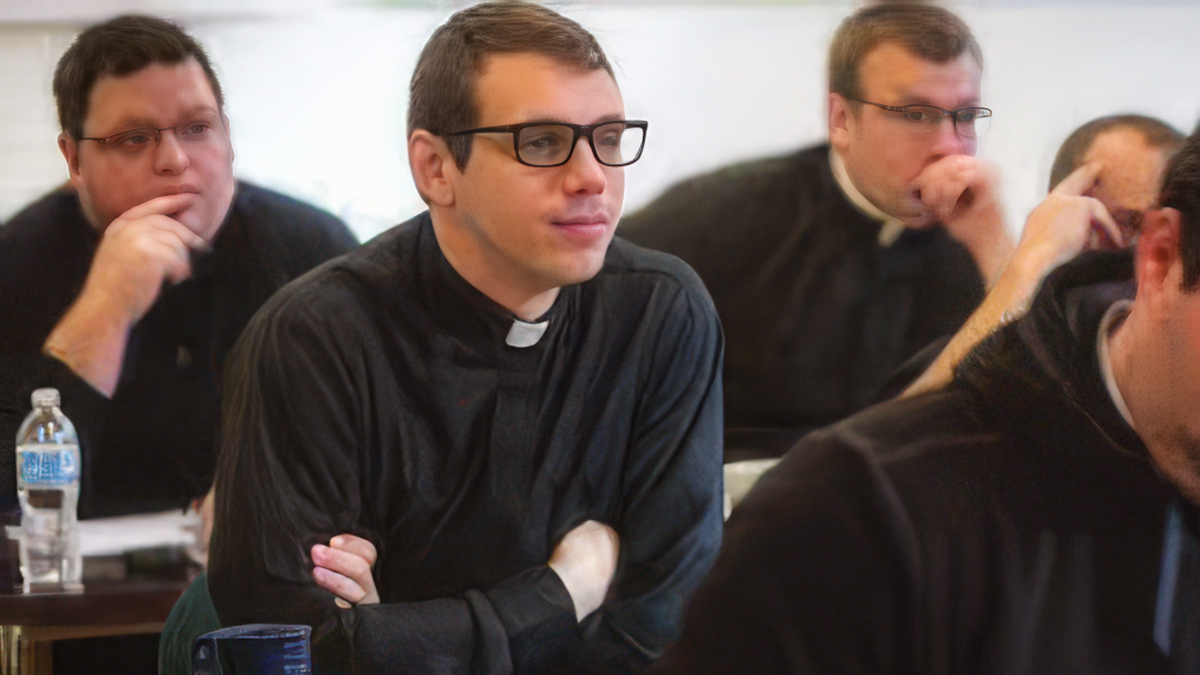Does the Church still need seminaries? This is a fundamental question facing the Church today.
At the recent Roman Synod (2023–24), seminary training for priests emerged as a key concern.
Delegates pointed to two significant issues:
- The sharp decline in vocations in the Western Church
- doubts about the pastoral readiness of many priests ordained in the past two to three decades.
Despite changes in formation and adaptations to modern times, seminaries still offer a hothouse-style formation environment. Whatever the quality of teaching, modern seminary students are often described as “submarines,” not showing their true colours until after ordination, when they become untouchable.
This raises placement challenges, whereby they end up in parishes where they can do the least damage.
Given the confused state of direction of the Church in many places today, that is not all bad.
A crisis in priesthood
Underlying this is the crisis facing the priesthood itself.
The status of the priest had taken a significant battering with the sexual abuse crisis. The toxicity of much Catholic theology of sexuality, combined with wider cultural permissiveness, has created a potentially lethal web for young celibate men to live and work within.
This is compounded by the dysfunctional backgrounds from which many candidates come. The corrosive impacts of the internet and social media are also factors.
Nevertheless, we cannot underestimate the grace of God to shine through in the most adverse circumstances, particularly the youthful idealism that the priesthood inspires.
Community and prayer discipline
The main strength of the seminary system, in my opinion, is the experience of community living and the establishment of a discipline of prayer.
We live in a highly individualised world, which creates definite challenges for community living. A prayer discipline is foundational to the life of a priest. Much depends on the form of prayer offered.
Video clips of seminary life on YouTube do not give one much confidence, for what is offered emphasises the devotional and the saying of prayers in a highly clericalised environment.
Silence and stillness are critical components of modern living that one has to create for oneself, and they are essential for depth in prayer.
A proposal for formation
Two years of community formation and grounding in contemplative prayer should be sufficient to assess a candidate’s suitability.
The rest of the formation could be carried out in a normal student living environment. A student would obviously need regular spiritual mentoring, plus regular recollection days and an annual retreat.
The less clerical the formation environment, the better.

- Peter Murphy is a priest of the diocese of Auckland and a former seminary spiritual director. He is currently residential coordinator of the Abbaye de Bonnevaux, the centre for the World Community for Christian Meditation.

